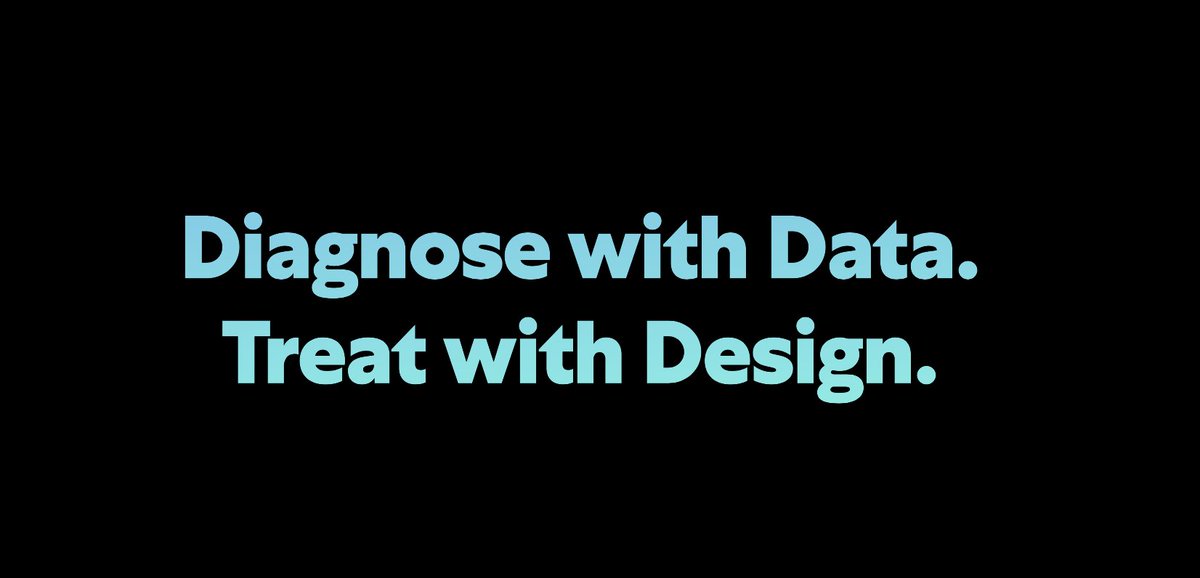
"You were at one company for nearly 14 years?!?!"
Yes, I'd say. Here's why:
1) I loved the people
2) I was continuously challenged and learning
3) The mission spoke to me
4) I felt deep loyalty
But there was another big reason that was hard for me to admit then...
(1/10)
Yes, I'd say. Here's why:
1) I loved the people
2) I was continuously challenged and learning
3) The mission spoke to me
4) I felt deep loyalty
But there was another big reason that was hard for me to admit then...
(1/10)
The hard-to-admit reason was this: my sense of identity was deeply tied to my job.
I felt I *belonged* there.
I had a great career there.
I'd made many wonderful friends there.
And so, it was terrifying to imagine: who would I be if I *didn't* work there?
(2/10)
I felt I *belonged* there.
I had a great career there.
I'd made many wonderful friends there.
And so, it was terrifying to imagine: who would I be if I *didn't* work there?
(2/10)
"My identity = My job" is a common thought pattern for folks (more likely founders or young) who...
1) have invested tons of time/capital/energy into the job
2) are ambitious
3) are recognized for their job
4) have mostly work friends
5) believe deeply in job's mission
(3/10)
1) have invested tons of time/capital/energy into the job
2) are ambitious
3) are recognized for their job
4) have mostly work friends
5) believe deeply in job's mission
(3/10)
"My identity = My job" can make you swell w/ pride, knowing you are a part of something bigger. It can spur you to achieve miracles. It can spin an intoxicating camaraderie.
Now, thinking of my 20s spent cranking 2am w/ Daft Punk, I am awash with nostalgia. I loved that time.
Now, thinking of my 20s spent cranking 2am w/ Daft Punk, I am awash with nostalgia. I loved that time.
But. "My identity = My job" has a dark side:
1) You burn out prioritizing it over everything else
2) Your self-esteem is tied to your success, which you can't always control
3) You don't learn your own values
4) Your relationships skew superficial
5) You miss other oppts
(5/10)
1) You burn out prioritizing it over everything else
2) Your self-esteem is tied to your success, which you can't always control
3) You don't learn your own values
4) Your relationships skew superficial
5) You miss other oppts
(5/10)
In the end, "My identity = My job" is unsustainable. The sooner you can see yourself as more than your job, the happier you'll be.
On their deathbed, most people don't think: "I wish I'd gotten promoted to VP sooner," or "I really regret us not becoming a unicorn."
(6/10)
On their deathbed, most people don't think: "I wish I'd gotten promoted to VP sooner," or "I really regret us not becoming a unicorn."
(6/10)
Actual 5 Regrets of the Dying: en.wikipedia.org/wiki/The_Top_F…
I wish I’d had the courage to live a life true to me.
I wish I hadn’t worked so hard
I wish I’d had expressed my feelings.
I wish I had stayed in touch with my friends.
I wish that I had let myself be happier.
(7/10)
I wish I’d had the courage to live a life true to me.
I wish I hadn’t worked so hard
I wish I’d had expressed my feelings.
I wish I had stayed in touch with my friends.
I wish that I had let myself be happier.
(7/10)
Of course the job matters. But it is not everything. What about...
1) Your relationships with family/friends/community
2) Your integrity, and whether your daily actions match your values
3) Your spirituality and connection to the larger world
(8/10)
1) Your relationships with family/friends/community
2) Your integrity, and whether your daily actions match your values
3) Your spirituality and connection to the larger world
(8/10)
As for me, I rode the highs and lows of "My identity = My job" for years. And the lows were painful.
But with time, I let more in. I became a wife, a mom, an author, a learner, an appreciator. I came to define myself more by what I love and value.
(9/10)
But with time, I let more in. I became a wife, a mom, an author, a learner, an appreciator. I came to define myself more by what I love and value.
(9/10)
We are more than what we do or achieve in our jobs. And if it's hard to see that:
1) Remember "The Top 5 Regrets of the Dying"
2) Read "Designing your Life" and do the exercises
3) Spend time with people you really like
Fin. (10/10)
1) Remember "The Top 5 Regrets of the Dying"
2) Read "Designing your Life" and do the exercises
3) Spend time with people you really like
Fin. (10/10)
• • •
Missing some Tweet in this thread? You can try to
force a refresh



